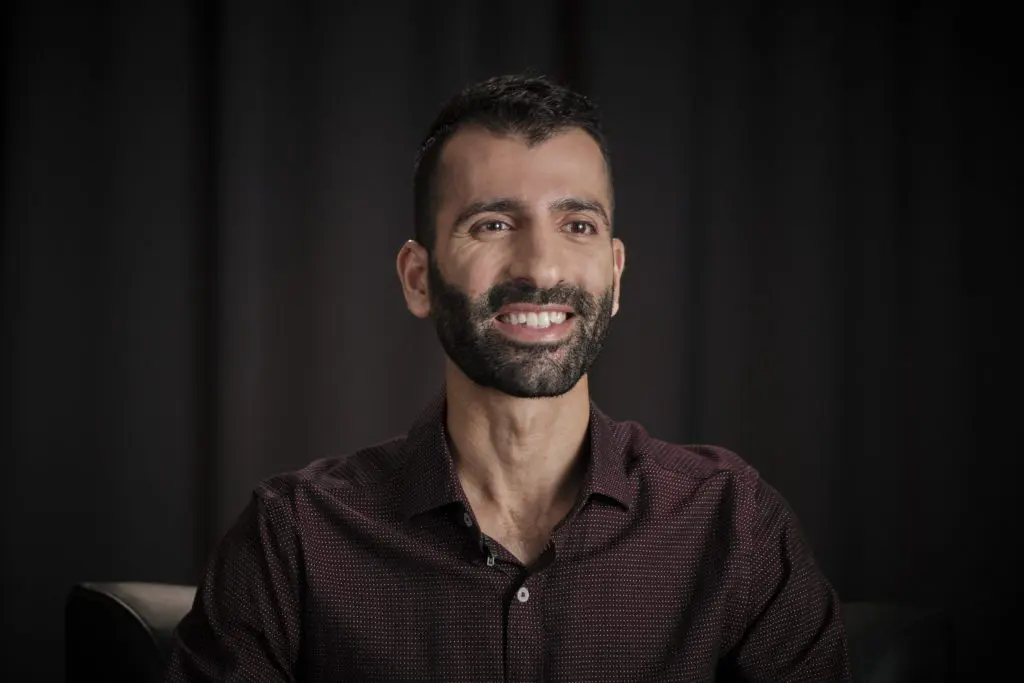Semester 2 is just steaming along. Our current workload for most of us include 5 academic courses, clinical practice, work, and family. With the anxious start of our clinical practice out of the way, we have buckled down for a grueling workload, while getting into a routine of personal care, assessments, and medication administration. Semester 2 focuses primarily on psychiatric care of the older adult.
Having had no prior medical experience, everything we are learning is new and exciting for me. The Older Adult Theory has had a broad focus including: communication styles, assessments, health and wellness, chronic illness, and polypharmacology. Communication focused on communication styles, including communicating with those who have aphasia and dysarthria. The assessment pieces are many with many more to come. Our basic nursing assessment that we will take forward includes the acronym ADPIE: assessment, nursing diagnosis, planning, implementation, and evaluation. We are slowing expanding into the head-to-toe physical assessment as well as the mental status exam, our bread and butter, and the various other assessments and scales. For health and wellness, we focused on psychosis in older adults, signs and prevention of elder abuse, and resources and advocacies available for older adults. Chronic illness was a fairly significant topic, the vast majority of our residents in the clinical practice setting have some form of chronic illness, from congestive heart failure, to diabetes, to chronic pain due to various physiological ailments. Polypharmacology was another important topic, many of our residents who do not have a form of dementia, may be taking a dozen or more medications in a single day, with some being administered multiple times a day. Various drug interactions can be dangerous and at times fatal, and while residential care may be a stable environment, drug interactions in a quickly evolving acute setting may rapidly become fatal.
There were a couple of things that surprised me about care of the older adult. Firstly, many of the dementia residents may be on a few medications to slow the progression of Alzheimer’s, but physically have no other diseases. Secondly, the huge role that social, family, and spiritual supports can play in improving the possibility of positive outcomes and maintaining health and wellness.
Our instructor has been great, we have noticed my group can be competitive in a friendly way, and she has continually offered us challenges to keep us engaged and moving. She has really picked up our energy and ensured that we aren’t bored and just doing activities to pass time, everything we do has an educational value to it, while engaging and improving on our critical thinking skills. This can be as simple as taking vitals and asking us what the stats could mean to us as nurses, to showing us different methods of conducting assessments. I started off caring for two residents, and I am now administering medications for one. Soon I will be caring for a third along with providing medication administration as well. This is helping me keep on top of my time management skills and preparing me for what will be a fast-paced second clinical practice in acute psychiatric care.
Click the link to know more about Psychiatric Nursing Program and Career.










